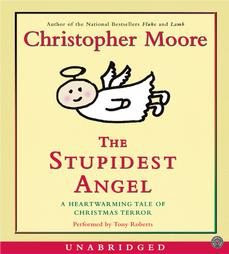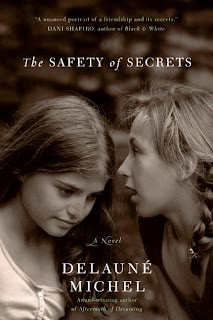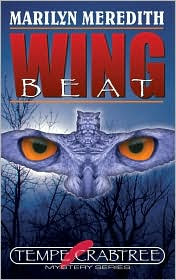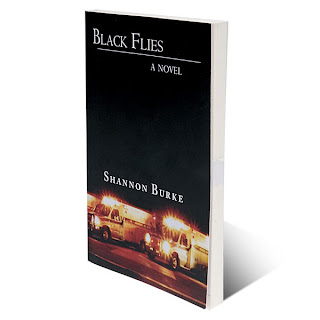
Melanie is given a historic home and the money to renovate and repair it as part of the Vanderhorst estate. There are a great cast of characters in this book from Mr. Vanderhorst to his mother’s ghost and Melanie, her father, and Jack Trenholm. Melanie is a barracuda in the real estate world, but her inability to relate to her family or male companions hampers her ability to widen her horizons. She’s a strong character in spite of these weaknesses. Meanwhile, Jack uses his good looks and fame to woo women to his side and charm them out of information so he can uncover historical mysteries and publish books. His charm and good looks are just a cover.
The restoration at Tradd Street begins, and Melanie is overwhelmed by her responsibilities and the two attractive men that have fallen into her life–Marc Longo and Jack Trenholm. In spite of the restoration, Melanie gets wrapped up in the mystery surrounding Mr. Vanderhorst’s mother’s disappearance and the ghosts that haunt her new home.
White easily draws the reader into the beauty of Charleston and her ghost mystery. The intricate relationships between these characters are complex, and in spite of the convenient connections between Melanie’s family, the Vanderhorsts, and the Trenholms in a big city like Charleston, I was enveloped in the storyline.
Here’s one of my favorite passages from the novel (page 130):
“I was so relieved to see him that I didn’t waste any time asking him what in the hell he was talking about. I threw back the dead bolt and disarmed the alarm before pulling open the door and launching myself at him.
‘Wow, Mellie–it’s good to see you too. But could you wait until I got my clothes off first?'”
The mystery doesn’t get heavy with humor like this sprinkled in. The interactions between Melanie and Jack are contagious and will make readers smile.
I recommend this book to those who love a good mystery and a good ghost story. Stay tuned tomorrow for Karen White’s guest post on the writing and publishing process.
Want to win a copy of The House on Tradd Street by Karen White?
1. Please leave a comment on this post for one entry.
2. Leave a comment on tomorrow’s guest post for a second entry.
Deadline: November 14 at Midnight EST. The contest is open to international entrants.
Thanks to Dorothy at Pump Up Your Book Promotion for sending me The House on Tradd Street.
Also Reviewed By:
Musings of a Bookish Kitty
S. Krishna’s Books
The Book Czar
Library Queue
Diary of an Eccentric
In Bed With Books
The Tome Traveller’s Weblog
The Book Connection
Cafe of Dreams





 Welcome to Hachette Group’s Early Birds Blog Tour for
Welcome to Hachette Group’s Early Birds Blog Tour for 















